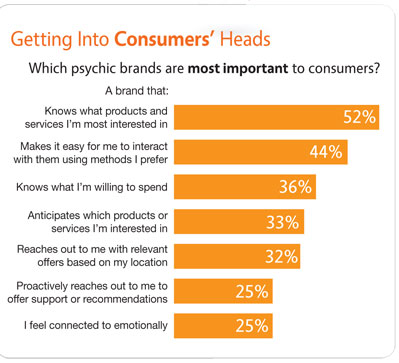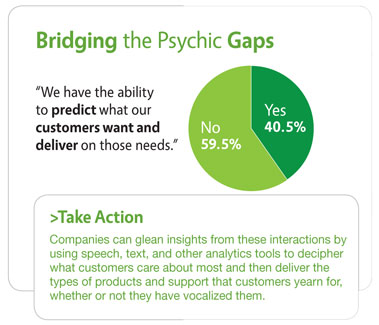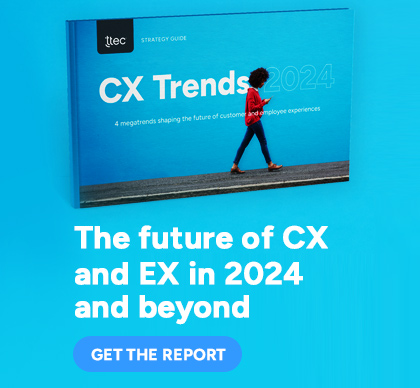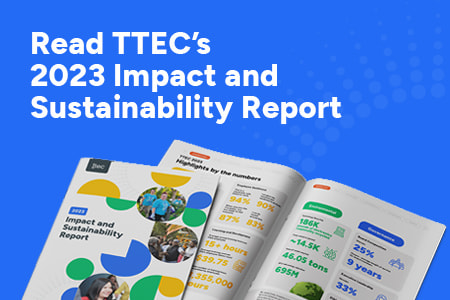Customers are screaming out for companies to listen to them. They are hungry to break down the communication barriers with those they do business with. They want convenience and value in their business relationships, and are willing to divulge personal information to reach that desired state. They share information about their needs, preferences, and interests now more than ever before, hoping companies will use the data to improve the overall relationship.
So many companies pride themselves on being able to collect and analyze this information. They throw around terms like Voice of the Customer, Big Data analysis, and customer strategy as proof that they really understand their customers.
But the reality is that the business world does not really listen to customers beyond the surface, if at all. Information goes largely unused to the customer's benefit, and most companies cannot anticipate the unspoken needs of customers. They are missing out on a huge opportunity to deliver on customer expectations by being psychic in their customer interactions.
The positive views that marketing leaders have of their organization's anticipatory, psychic powers largely contradict what consumers perceive. According to TeleTech's Psychic Brands study of 326 adult consumers (age 18-65+) and 75 marketing leaders, nearly half (43 percent) of marketing leaders grade their companies' psychic abilities as a 7 or higher, on a scale of 1 to 10 where 1 means "not at all psychic" and 10 represents "we are completely psychic." Yet by comparison, only 6 percent of consumers believe they've ever interacted with a psychic brand.

The gap exemplifies a lack of understanding by brands of what a psychic relationship is. Simply knowing that a customer prefers HTML email over text is not enough to be predictive and proactive. Customers must perceive that decisions a company makes are in their best interests and take into account their unique attributes. In the study, we defined psychic as a brand's ability to anticipate and proactively deliver on the needs, preferences, and expectations of its customers.
"Companies that can anticipate the needs of their customers demonstrate that they know their customers and are looking out for their best interests," says Don Peppers, founding partner of Peppers & Rogers Group. "When a customer feels that a company has got their back, they're more inclined to remain loyal, refer the company to friends, and increase their spending with that organization."
So what can companies do to bridge the psychic gap? A good starting point to becoming more clairvoyant about customers is to gather, analyze, and act on the rich volumes of data available regarding customer sentiment, transactions, channel behaviors, etc.
Don't squander the opportunity to strengthen relationships by only skimming the surface of what is known about customers. By leveraging various data sources in a holistic manner, decision makers can glean powerful insights that can guide them about what customers look for and expect.
"Learning what customers want enables companies to build predictive models that can be tuned and adjusted to shifting customer requirements and preferences," says Mark Grindeland, CMO of TeleTech.
Bridging the Psychic Gap
Becoming psychic isn't easy. Not only are there shortfalls in what brands know about their customers, but customers don't always directly share with companies what they want or need.

Fortunately, there are different techniques that firms can apply to gather this type of information. Customers often do share what they're looking for during interactions with the contact center, social media, via mobile apps, or in-person meetings with company representatives.

Download the PDF version of the article for more stats and a list of some brands that are psychic.






